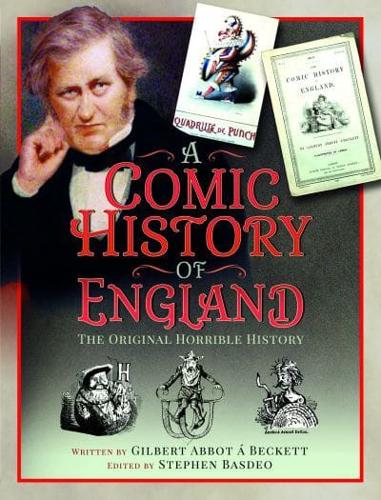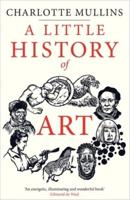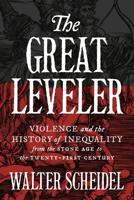Publisher's Synopsis
"Nothing now succeeds unless it's in the comic line. We have comic Latin grammars, and comic Greek grammars; indeed, I don't know but what English grammar, too, is a comedy altogether. All our tragedies are made into comedies by the way they are performed; and no work sells without comic illustrations to it. I have brought out several new comic works, which have been very successful. For instance, The Comic Wealth of Nations; The Comic Parliamentary Speeches … I even propose to bring out a Comic Whole Duty of Man. All these books sell well: they do admirably for the nurseries of the children of the aristocracy. In fact they are as good as manuals and text-books." Those words from best-selling Victorian novelist George W.M. Reynolds were a nod to the work of a writer named Gilbert Abbot á Beckett. Beckett loved history and writing about history but he was also something of a comedian. Then one day he had a bright idea: What if history could be funny and still be factual and educate people? He resolved to start writing a funny history book which he named The Comic History of England, which was originally serialised in Punch in 1847. It was an irreverent take on the conservative history books of Beckett's day. Kings and queens emerge as mean-spirited petty rascals and to look for their virtues "would require the aid of one of those solar microscopes which give visibility to the merest atom, and the particle." Other monarchs such as King John were downright useless and allowed himself to be "bullied by bulls"-papal bulls. The Church came off not better either, being "the medium of extortion" and taking hard-earned money off the people. In this history book, then, readers can laugh with Cæsar during his invasion of Britain; stand in the sea with Canute; and joke about Richard on the field of Bosworth.











